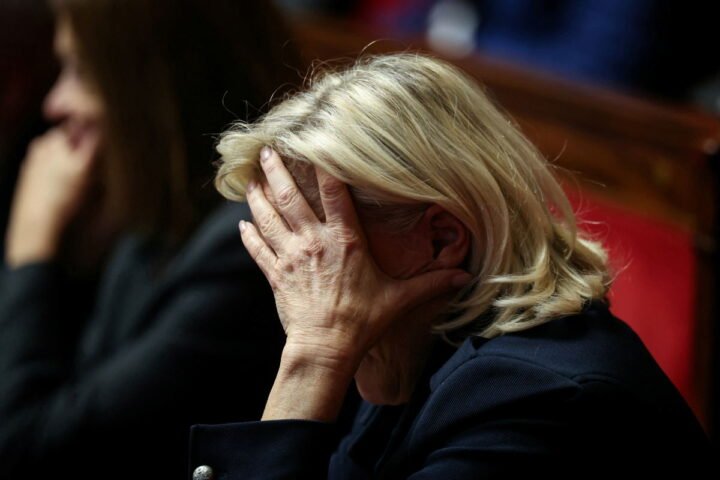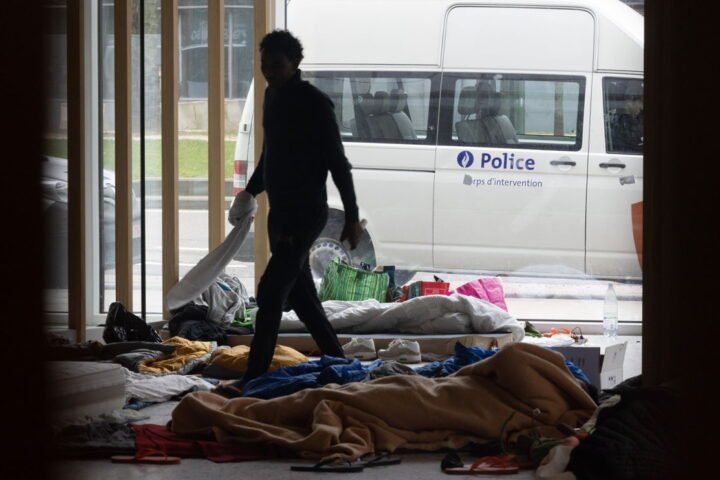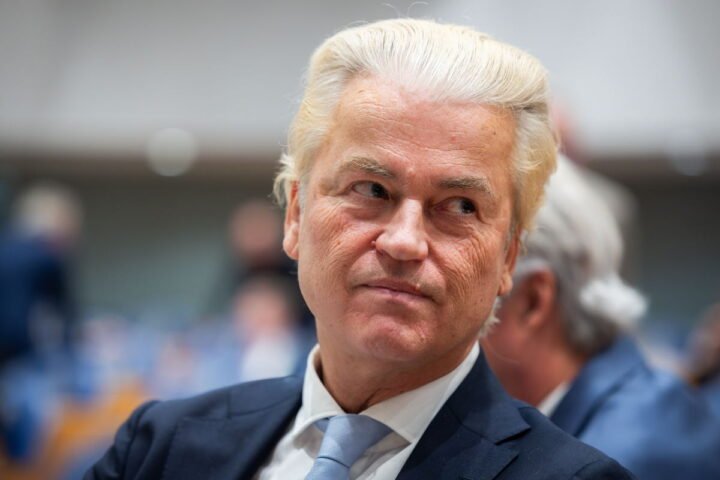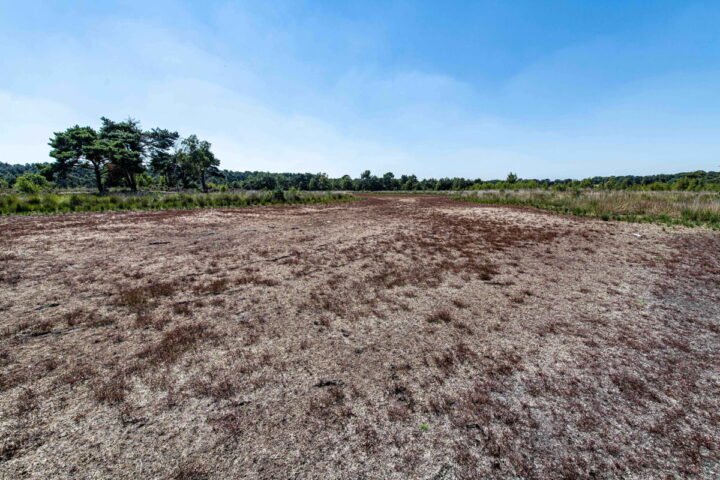EU Commission to Unveil New Seven-Year Spending Plan The European Commission is set to unveil its seven-year budget plan, the Multiannual Financial Framework (MFF), which could total €1.7 trillion. Farm lobbies are expected to protest in Brussels as details emerge regarding budget allocations, particularly a substantial emphasis on economic competitiveness, reports 24brussels.
Today’s discussions will revolve around the final proposed figures after prolonged deliberations on the EU budget structure, culminating in a critical presentation by Ursula von der Leyen at the commissioners’ meeting. The gathering is anticipated to reveal the financial fates of various sectors as officials grapple with potential budget cuts and funding allocations.
Piotr Serafin, the EU budget chief, will brief Members of the European Parliament (MEPs) before the budget is presented to the media later today. Documents circulated suggest a proposed €522 billion fund aimed at enhancing economic competitiveness, indicating a potential victory for Stéphane Séjourné, the French Commissioner responsible for industrial strategy. The larger budget could also include substantial increases for scientific research and other smaller programs.
The overall budget proposal could reach around €1.717 trillion, while the EU may need to contribute approximately €30 billion annually for pandemic recovery loan repayments. As the budget discussions progress, the scrutiny over financial allocations highlights the strategic implications for member states.
In tandem with this budget announcement, EU foreign ministers are set to evaluate strategies for addressing ongoing conflicts, particularly in Gaza. Discussions will focus on how to reshape the EU’s relationship with Israel amid calls for improved humanitarian access and potential sanctions. While some diplomats speculate that recent steps to increase humanitarian aid may alleviate tensions, broader divisions within the EU regarding potential actions against Israel remain evident.
Marie-Pierre Vedrenne has stepped down as leader of the French delegation to the EU Parliament following internal disputes. Laurence Farreng is expected to take over as a result of leadership tensions within the Renew Europe group.
Simultaneously, the tensions surrounding the Gaza conflict are palpable as the EU faces external pressures to act decisively. The humanitarian crisis continues to prompt discussions within the Union regarding appropriate measures amid a backdrop of political dissent over the effectiveness of current EU policies.
With critical votes and meetings on the horizon, including discussions related to trade and security responses from member states, the unfolding events may shape the future landscape of EU policy and strategy, especially in regard to international relations and humanitarian efforts.










